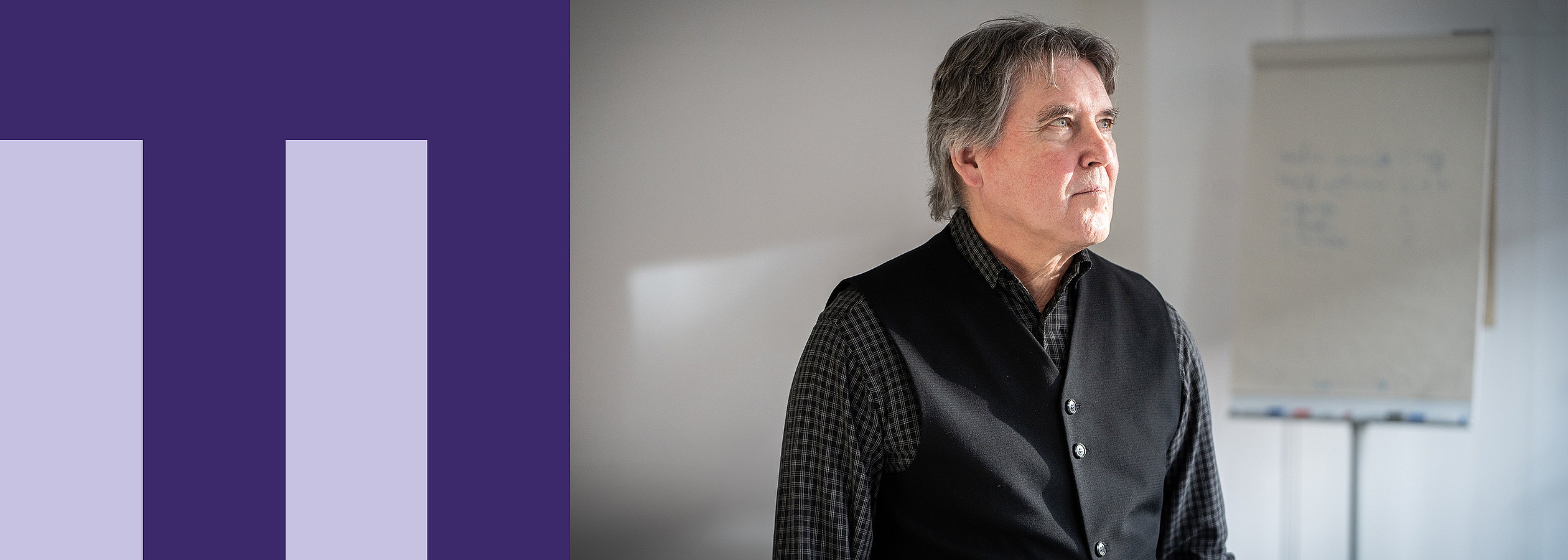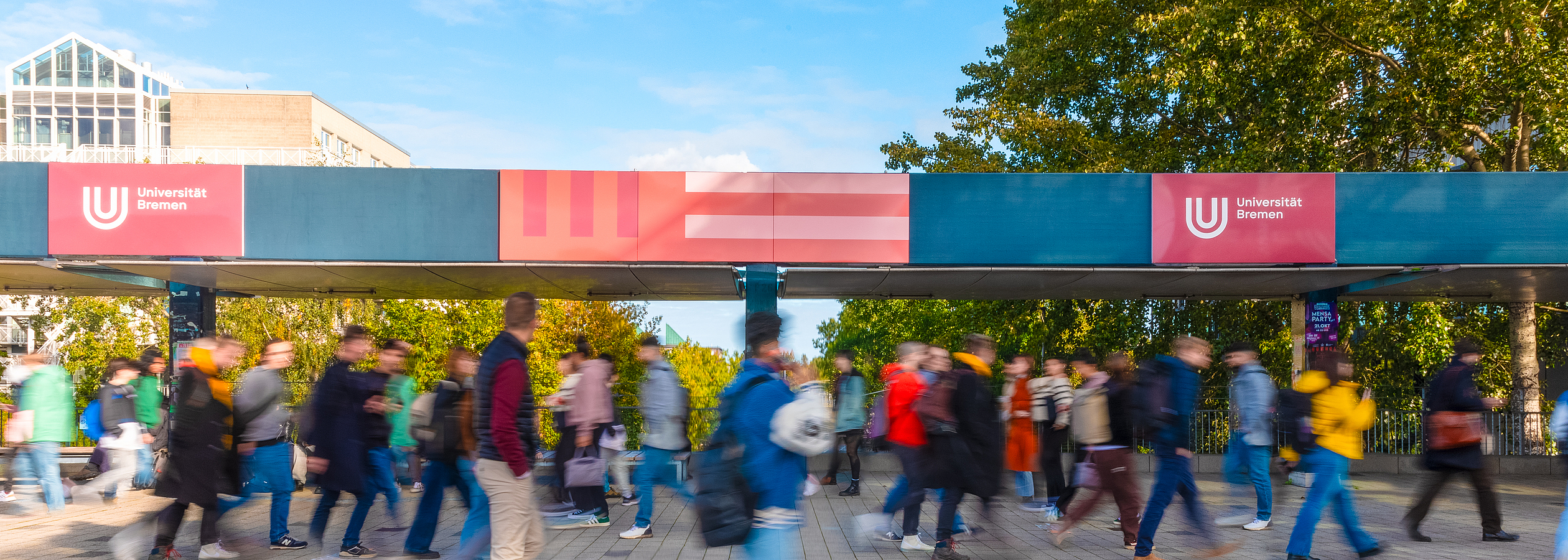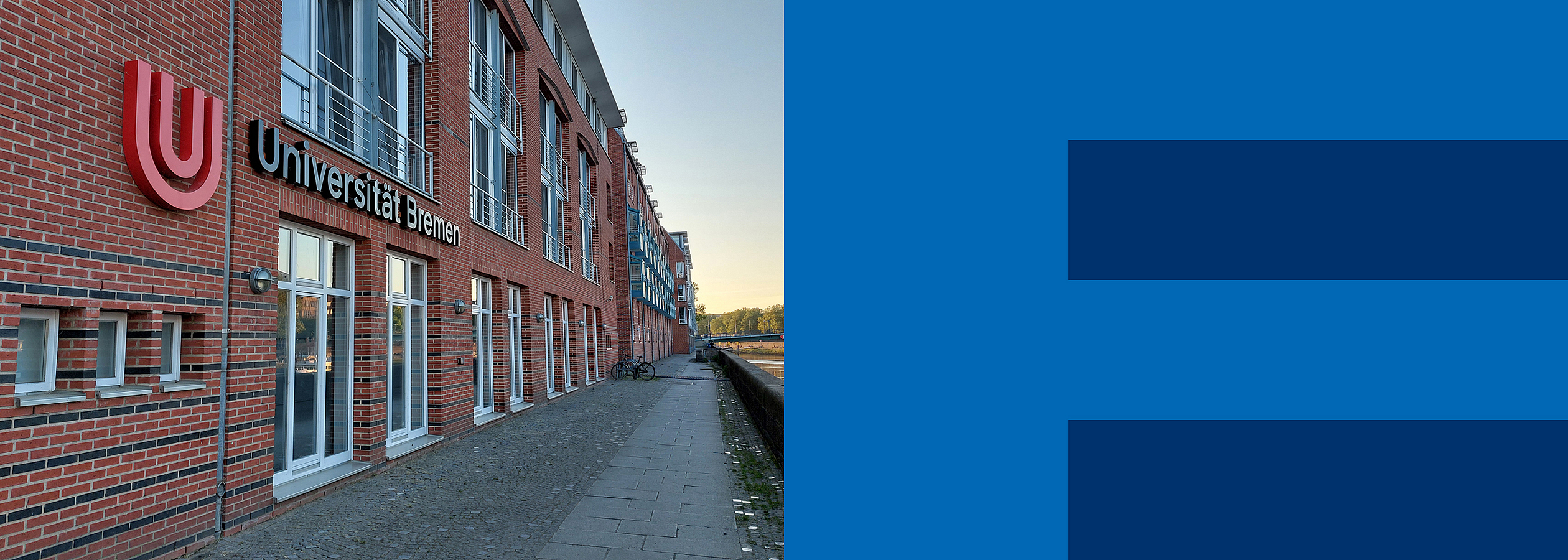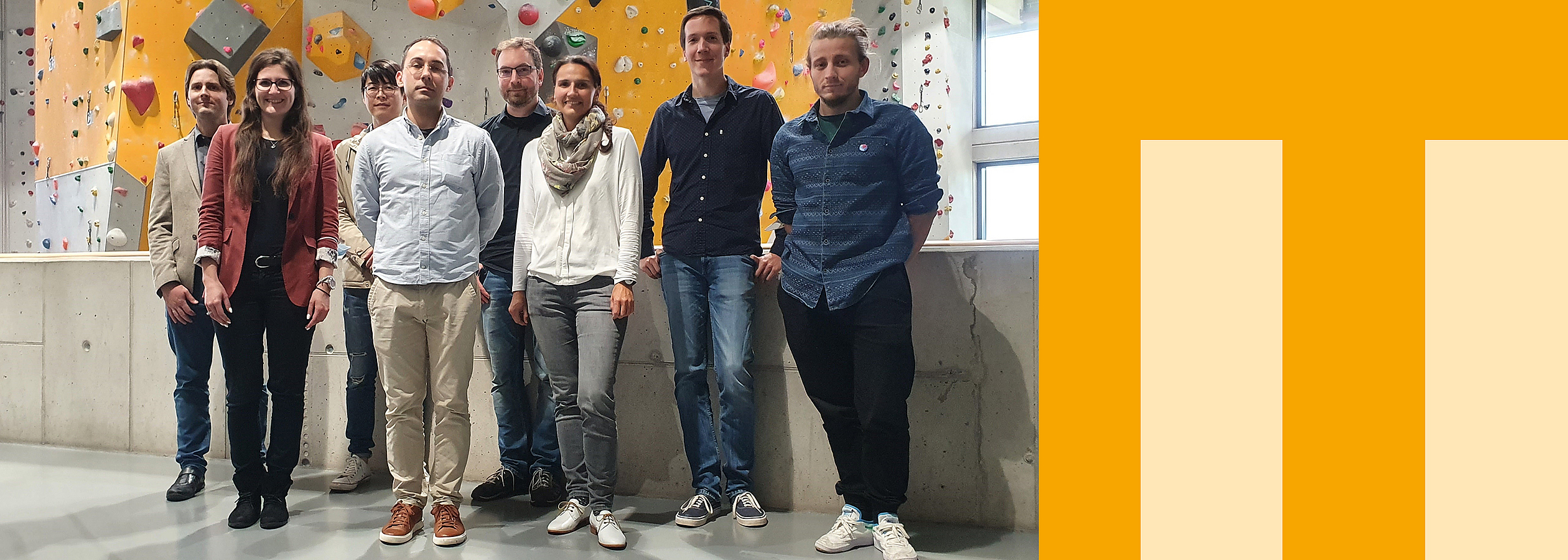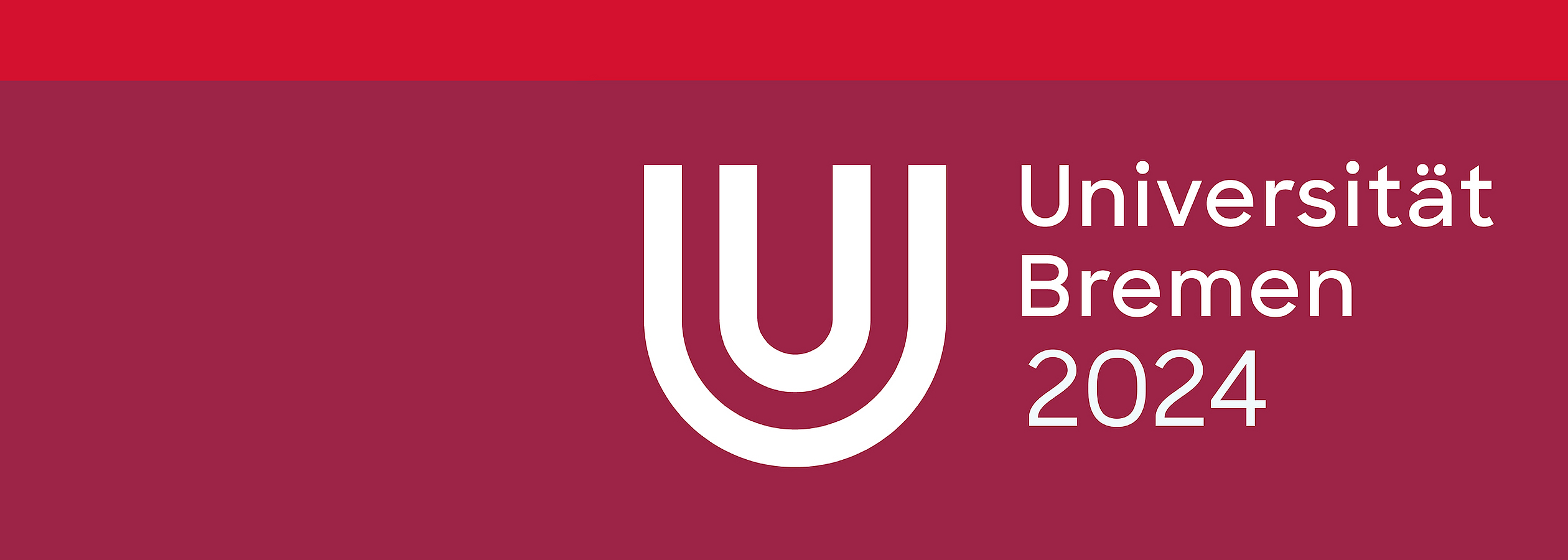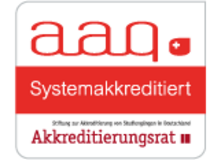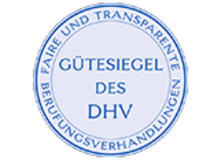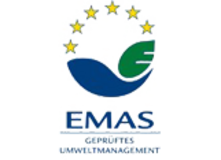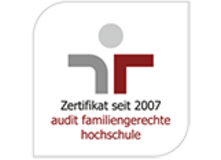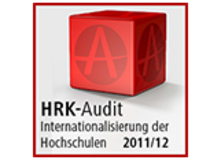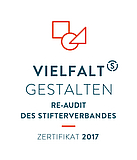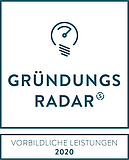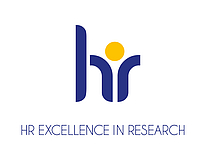Two projects at the university’s Institut für Theoretische Physik are researching machine learning with quantum systems and quantum photonics. They are now receiving more than €500,000 in funding.
The basic idea of machine learning is simple: through training, a complex system “learns” to predict behavior beyond the training data without having to know the underlying laws. Training often consumes a lot of computer power, as thousands of parameters are precisely optimized in order to be able to make useful predictions.
An alternative may be physical systems with sufficient complexity, which themselves function as artificial neural networks, that is, they are inspired by the workings of the human brain. Just as information reaches the brain via the optic nerve, information is fed into the artificial neural network, where it stimulates complex processes. Through the training process, the system learns to interpret these vibrations, just as the brain uses the incoming data to generate our perception of images.
A vivid example of such an artificial network is a folded origami structure, which is stimulated by an input signal. If the movement of selected folds of the origami are followed over time, it can be used to draw conclusions about the characteristics of the input signal. This type of machine learning is called reservoir computing.
Working Group Transfers Concept to the Smallest of Scales
In the research group Quantum Optics of Semiconductor Nanostructures for Applications in Quantum Information Technologies, headed by Professor Christopher Gies at the Institut für Theoretische Physik at the University of Bremen, this concept is now being transferred to the very smallest scale, in which the laws of quantum mechanics come to light. Co-funded by the German Research Foundation (DFG) and the French National Research Agency (ANR), PhotonicQRC is a collaborative project at the University of Bremen, the TU Berlin, the Kastler–Brossel Laboratory/ENS in Paris, and the French National Centre for Scientific Research (CNRS)/FEMTO-ST exploring to what extent quantum mechanics has advantages for machine learning and how these can be harnessed.
“Entanglement” plays a key role here. This term refers to a state in a complex quantum system that is more than the product of its individual components. “This is a concept unknown to classical physics and on which the superiority of new quantum technologies and quantum computers should be based,” explains Christopher Gies. “An entangled quantum system exponentially uses many internal degrees of freedom, which is why even small quantum networks, for example with just five quantum or ‘qubits,’ are able to solve complex problems.” The project’s funding amounts to around €1 million, of which €215,000 will go to the University of Bremen.
Atomically thin Semiconductors as a New Source of Individual Photons
In order to realize quantum reservoir computers, individual light quanta – the so-called photons – are used. In quantum information technologies, they serve as information carriers that can be transmitted at the speed of light. In the research project EQUAISE throughout Europe, atomically thin semiconductors are to be established as a new source of single photons. These could then be used to feed quantum-mechanically encoded information into a quantum reservoir computer. To this end, the University of Bremen is working closely with researchers at the University of Oldenburg, nanoplus, and with cooperation partners at universities in Italy, Spain, and Poland. The project is being receiving approximately €2 million of funding by the QuantERA program, of which approximately €330,000 will go to the University of Bremen.
More information about the projects:
www.itp.uni-bremen.de/ag-gies/project-based-research-and-external-funding/
Information on atomically thin quantum materials in the university’s science blog in three parts:
• https://blogs.uni-bremen.de/scienceblog/en/2021/01/26/graphene-as-thin-as-nature-allows/
• https://blogs.uni-bremen.de/scienceblog/2021/04/24/materialien-nach-geschmack-aus-einem-baukasten-in-2d/
• https://blogs.uni-bremen.de/scienceblog/2021/08/14/den-richtigen-dreh-raus-neueste-2d-materialien-gleich-dreimal-in-bremen/
Video demonstration of the aforementioned Miura-ori origami reservoir computer:
www.nature.com/articles/s41598-021-92257-1#Sec24
Contact:
Professor Christopher Gies
Institut für Theoretische Physik (ITP)
University of Bremen
Tel.: +49 421 218-62052
Email: giesprotect me ?!uni-bremenprotect me ?!.de
Link to the press release: https://www.uni-bremen.de/en/university/university-communication-and-marketing/all-news/details/mehr-als-500000-eur-fuer-ki-forschung-mit-quantensystemen

